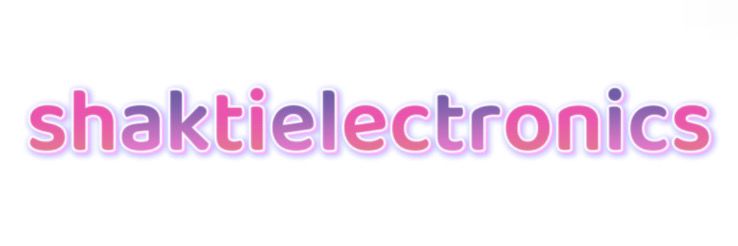Future Trends in PHILIPS Industry Lighting Solutions 2025
Sep. 05, 2025
The future of lighting solutions is rapidly evolving, with PHILIPS leading the charge in innovative technologies and sustainable practices. As we look towards 2025, the PHILIPS industry lighting solution is set to undergo major transformations. Here are the key trends expected to shape the market:
Contact us to discuss your requirements of PHILIPS industry lighting solution. Our experienced sales team can help you identify the options that best suit your needs.
1. Enhanced Smart Lighting Technologies
Smart lighting will be at the forefront of the PHILIPS industry lighting solution, incorporating cutting-edge Internet of Things (IoT) technologies. This will allow for:
- Seamless integration with smart home and building management systems.
- Advanced control options via smartphones and personal devices.
- Adaptive lighting that responds to user behavior and environmental changes.
2. Sustainability Focus
As sustainability becomes a critical concern globally, PHILIPS is prioritizing eco-friendly practices in its lighting products. Expect to see:
- Increased use of energy-efficient LED technology.
- Recycling programs for end-of-life products.
- Reduction in carbon footprints via sustainable manufacturing processes.
3. Integration of Human-Centric Lighting
The concept of human-centric lighting focuses on enhancing the well-being and productivity of individuals. With this trend, the PHILIPS industry lighting solution will likely include:
- Lighting designs that mimic natural light patterns.
- Adjustable color temperatures to align with circadian rhythms.
- Research-backed solutions aimed at improving mood and cognitive function.
4. Expansion in Healthcare Lighting Applications
The healthcare sector is increasingly recognizing the importance of lighting in patient care and recovery. PHILIPS aims to expand its influence here by providing:
- Specialized lighting systems designed for hospitals and clinics.
- Technologies that reduce stress and anxiety in patients.
- Lighting that helps medical professionals perform more efficiently.
5. Energy-Independent Solutions
As energy costs rise, the demand for energy-independent lighting solutions will grow. Innovations expected include:
- Solar-powered lighting units for outdoor settings.
- Battery-operated systems that maintain consistent performance even during power outages.
- Intelligent systems that optimize energy consumption based on real-time data.
6. Collaboration with Technology Companies
PHILIPS is likely to collaborate with tech firms to enhance the capabilities of its lighting solutions. These partnerships may yield:
- Improved software for better lighting control and management.
- Innovative hardware that incorporates the latest in sensor technologies.
- Interconnected systems that unify various aspects of building operations.
7. Market Resilience and Adaptability
The ability to adapt to market changes will be crucial. The PHILIPS industry lighting solution is expected to focus on:
- Diverse product offerings that cater to varying industries.
- Flexibility to scale solutions based on customer needs.
- Continuous feedback mechanisms for ongoing product improvement.
As we approach 2025, the future of the PHILIPS industry lighting solution appears bright, innovative, and sustainable. Embracing these trends will not only benefit businesses and consumers but will also contribute to a greener planet.
If you are looking for more details, kindly visit PHILIPS UV-C lighting solution.
144
0
0


Comments
All Comments (0)